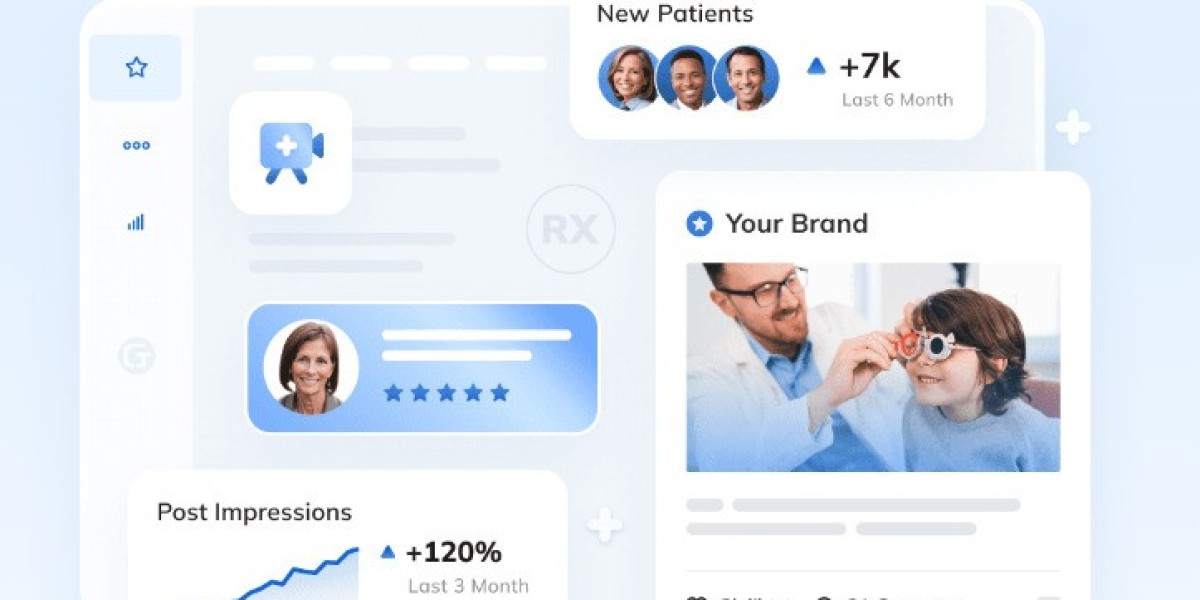As organizations seek to leverage Flutter’s cross-platform capabilities, finding and managing remote Flutter developers has become a critical aspect of successful project execution. This article will guide you through the essential steps for finding, hiring, and managing remote Flutter developers effectively.
1. Understanding the Value of Remote Flutter Developers
1.1 The Rise of Remote Work
The shift towards remote work has been accelerated by global events and changing attitudes towards work-life balance. Remote work offers flexibility, reduces overhead costs, and expands the talent pool beyond geographical constraints. For Flutter development, this means you can access top-tier developers from around the world without being limited to your local market.
1.2 Benefits of Using Flutter
Flutter’s ability to create visually appealing and high-performance applications for multiple platforms using a single codebase makes it a valuable tool for businesses. This efficiency can lead to faster development cycles and reduced costs, which is particularly advantageous when working with remote teams.
2. Finding Remote Flutter Developers
2.1 Defining Your Requirements
Before you start searching for remote Flutter developers, it’s crucial to define your project requirements. Consider the following:
- Project Scope: What are the specific features and functionalities you need?
- Skills and Experience: Are you looking for developers with experience in particular industries or types of applications?
- Budget: What is your budget for this project, and how does it align with market rates?
2.2 Sourcing Talent
Several platforms and strategies can help you find remote Flutter developers:
Freelance Platforms: Websites like Upwork, Freelancer, and Toptal offer access to a global pool of freelance developers. These platforms often provide ratings, reviews, and portfolios to help you make informed decisions.
Job Boards: Platforms like LinkedIn, Indeed, and Stack Overflow Jobs can be used to post job listings and search for candidates with Flutter experience.
Developer Communities: Engaging with developer communities on GitHub, Reddit, or Flutter-specific forums can help you connect with skilled developers who are passionate about Flutter.
Specialized Agencies: There are agencies that specialize in providing remote development talent. These agencies often have a pre-vetted pool of developers and can match you with the right talent based on your needs.
3. Evaluating Candidates
3.1 Reviewing Portfolios and Resumes
When evaluating potential candidates, examine their portfolios and resumes to assess their skills and experience. Look for:
- Previous Projects: Assess the complexity and quality of their previous work, especially if it involves Flutter.
- Technical Skills: Ensure they have proficiency in Dart (the programming language used with Flutter), as well as other relevant technologies.
- Problem-Solving Abilities: Review any projects that demonstrate their problem-solving skills and ability to handle complex requirements.
3.2 Conducting Technical Interviews
A well-structured technical interview is crucial for assessing a candidate’s capabilities. Consider the following:
- Coding Tests: Use coding challenges or practical exercises to evaluate their Flutter development skills.
- Technical Questions: Ask questions related to Flutter’s architecture, state management, and performance optimization.
- Soft Skills: Assess their communication skills, work ethic, and ability to collaborate effectively in a remote setting.
3.3 Checking References
Contacting references can provide valuable insights into a candidate’s work history, reliability, and performance. Reach out to previous employers or clients to verify their claims and get a sense of their work style.
4. Onboarding Remote Flutter Developers
4.1 Setting Up Tools and Processes
Effective onboarding is crucial for integrating remote developers into your team. Consider the following:
- Communication Tools: Use tools like Slack, Microsoft Teams, or Zoom for regular communication and team meetings.
- Project Management Tools: Platforms like Jira, Trello, or Asana can help manage tasks, track progress, and ensure transparency.
- Development Environment: Ensure that the developer has access to all necessary tools, codebases, and documentation required for the project.
4.2 Defining Expectations and Goals
Clear communication of expectations and goals is essential for remote work success. Set clear objectives, deadlines, and deliverables, and ensure that both you and the developer understand these expectations.
4.3 Providing Support and Resources
Remote developers may need additional support to perform their best. Provide resources such as:
- Documentation: Comprehensive project documentation helps remote developers understand the project requirements and architecture.
- Training: Offer training sessions or resources to familiarize them with your codebase and development processes.
5. Managing Remote Flutter Developers
5.1 Maintaining Effective Communication
Regular and effective communication is key to successful remote team management. Implement the following practices:
- Daily or Weekly Check-Ins: Schedule regular meetings to discuss progress, address issues, and provide feedback.
- Clear Communication Channels: Use structured communication channels to avoid misunderstandings and ensure that important information is accessible.
5.2 Monitoring Progress and Performance
Use project management tools to track progress and manage tasks. Implement regular performance reviews to evaluate the developer’s contributions and provide constructive feedback.
5.3 Fostering Team Collaboration
Even though your team is remote, fostering a sense of collaboration and inclusion is important. Encourage team-building activities, and create opportunities for developers to interact and share ideas.
6. Handling Challenges in Remote Development
6.1 Overcoming Time Zone Differences
Time zone differences can pose challenges for remote teams. Address this by:
- Flexible Scheduling: Allow for flexible working hours to accommodate different time zones.
- Overlap Hours: Identify overlapping hours when all team members are available for meetings and collaboration.
6.2 Managing Cultural Differences
Cultural differences can impact communication and collaboration. Be mindful of these differences and promote an inclusive and respectful work environment.
6.3 Addressing Security Concerns
Remote work introduces security risks. Implement best practices such as:
- Access Control: Ensure that developers have access only to necessary resources and sensitive data is protected.
- Secure Communication: Use secure communication channels and tools to protect sensitive information.
7. Best Practices for Remote Flutter Development
7.1 Agile Development
Adopting Agile methodologies can enhance productivity and flexibility in remote Flutter development. Agile practices such as iterative development, regular feedback, and continuous integration align well with remote work environments.
7.2 Code Quality and Standards
Establish and enforce coding standards to ensure consistency and quality across the codebase. Use code reviews and automated testing to maintain high standards.
7.3 Continuous Learning and Improvement
Encourage continuous learning and professional development. Provide access to resources, training, and opportunities for skill enhancement.
8. Future Trends in Remote Flutter Development
8.1 Advancements in Flutter
As Flutter continues to evolve, new features and improvements will impact remote development practices. Stay updated with Flutter’s latest releases and trends to leverage new capabilities.
8.2 Remote Work Technologies
Advancements in remote work technologies will further enhance collaboration and productivity. Keep an eye on emerging tools and technologies that can benefit your remote Flutter development team.
Conclusion
Finding and managing hire flutter developers requires a strategic approach and a commitment to effective communication, collaboration, and support. By leveraging the global talent pool, defining clear requirements, and implementing best practices, you can successfully navigate the challenges of remote development and build high-quality Flutter applications that meet your business goals. Embrace the opportunities that remote work offers, and position your organization for success in the evolving tech landscape.









